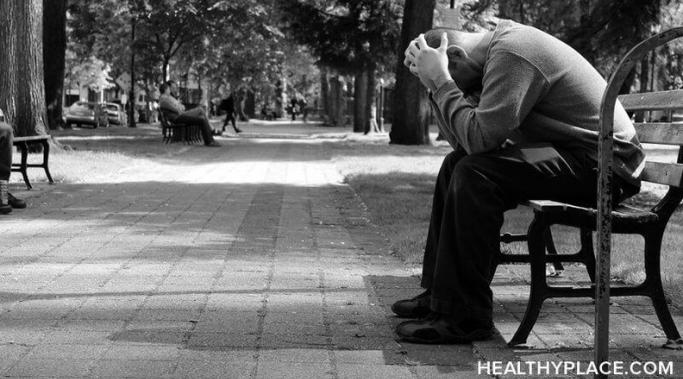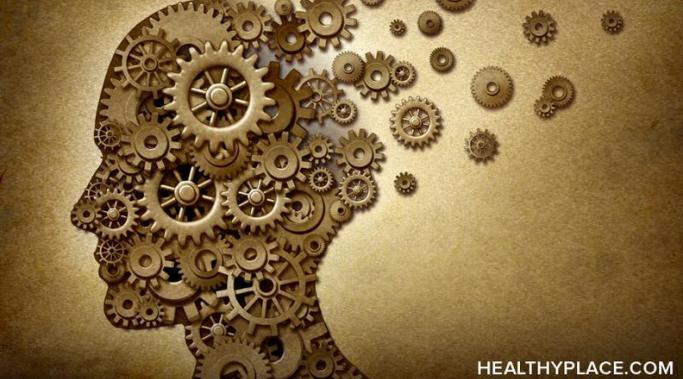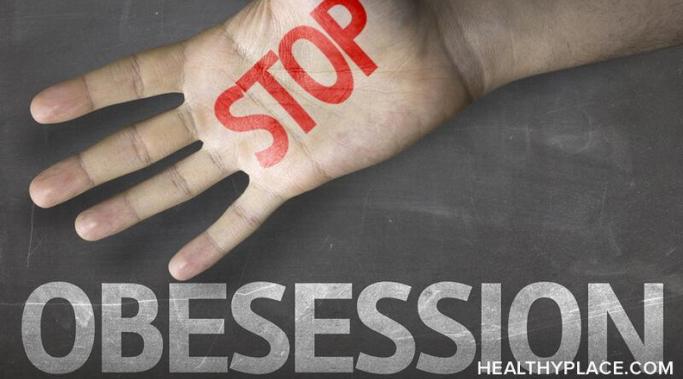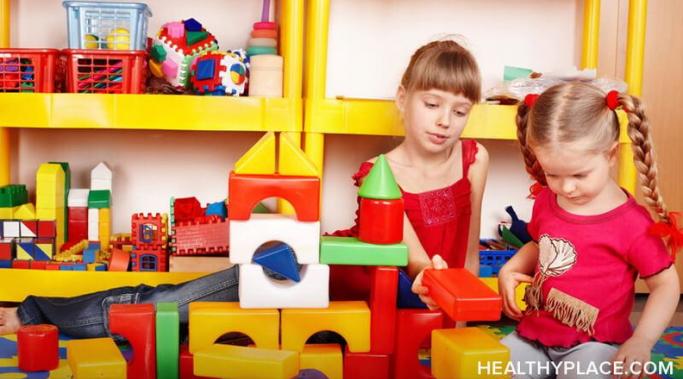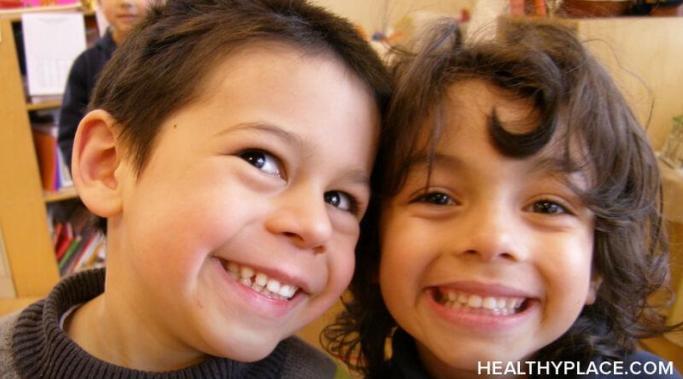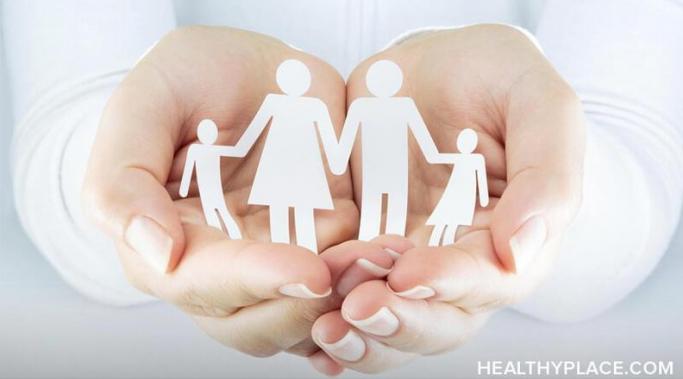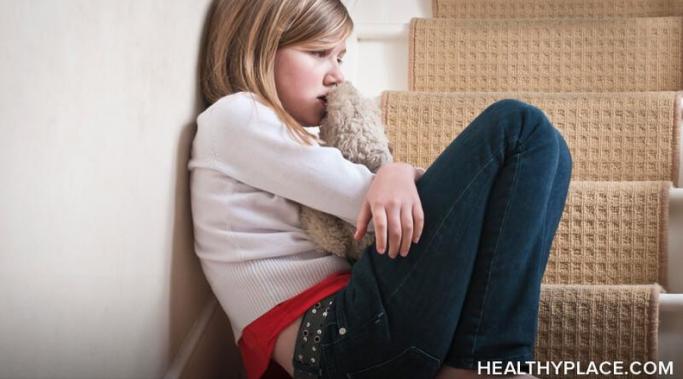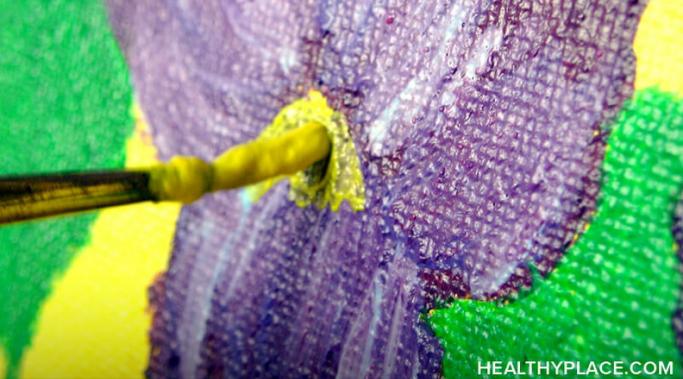Where do you turn? How do you cope when your child commits suicide?
The transformation from childhood into teenage years should be a memorable one. The progression from grade school to middle school, then to high school brings special moments such as school dances, track meets and new friends. However, some kids have different experiences. Pain from rejection, bullying, and disappointments consume some children and cause them to end their lives by suicide.
TV Show Blog
admin
Living with obsessive compulsive disorder (OCD) can cause a sufferer a lot of agony. HealthyPlace Medical Director, Dr. Harry Croft, says OCD sufferers are paralyzed by unwanted thoughts, doubt, and fear. It’s these irrational thoughts, reports Dr. Croft, that cause repetitive actions such as checking, counting, or washing hands, just to bring them to what they feel is a "safe" place.
The true inspiration of Tuesday’s show was our guest, James Callner. He took us through his journey with OCD from the very beginning, at age 29. Now in his late fifties, he still suffers from OCD, but is proud to say that he lives in a high-functioning state.
admin
Have you ever experienced unwanted thoughts or felt the need to repeat an action over-and-over again until you felt safe? Have these thoughts or actions caused you anxiety, to the point of interfering with your normal activities? If so, we invite you to watch Tuesday night’s show focusing on obsessive-compulsive disorder (OCD).
admin
Parenting is a tough job. Parenting a child with a mental illness is unusually tough, as we learned from Tuesday evening's HealthyPlace TV Show.
admin
Anyone who is raising a child knows of the challenges involved. From a very young age, all the way into teenage years, parents sometimes struggle to understand mood behaviors, actions and learning problems of their precious children.
Many parents wonder: "is there something wrong with my child?" - but they can't put their finger on the problem or they make up excuses to validate the child's behavior - "all boys are like that."
admin
Mental health certainly carries a lot of stigma, but think about this -- how many adults have you ever heard discuss surviving child sexual abuse? Outside of my job, the answer would be "none." No one talks about it. They mention sexual predators or child molesters, but not what life is like after being sexually abused as a child.
On Tuesday night's HealthyPlace TV Show, the discussion centered around the impact child sexual abuse has later in life. Dr. Harry Croft, Medical Director of HealthyPlace, helped us understand how sexual abuse impacts victims in their adult lives. Many child abuse survivors suffer from posttraumatic stress disorder (PTSD), depression, personality disorders and many self-harm. It's frightening, but some go on to become abusers themselves.
admin
In today’s world, there is much discussion on the subject of sexually abused children. On a regular basis, our nightly newscasts bring us appalling stories of sexual predators and their young, innocent victims. Do you ever stop to wonder what happens to these “children” as they turn into adults themselves and try to lead a normal life? What is a normal life after you realize that you’re youth has been taken away?
On Tuesday’s show (June 16), we'll dig into a topic that is often never talked about: adult survivors of child sexual abuse. Many times, victims try to lead normal lives but encounter problems such as low self esteem, problems with relationships, trust issues, and the ability to have normal sexual relations. As a result of the sexual abuse, other disorders such as PTSD and depression occur.
admin
What a great show!
admin
Sometimes in life, we encounter many situations that leave us empty or broken, causing us to feel like we have failed. For some, it’s easy to pick up the pieces and move on; but others are not so lucky. Feelings of self-doubt, emptiness and sorrow consume some people leaving them with nowhere to turn.
admin
On Tuesday night's show, we addressed the difficulty in recovering from eating disorders. HealthyPlace.com Medical Director, Dr. Harry Croft mentioned a key factor in understanding this disease is to remember it is not about having a fat phobia‚ but it has to do with control, or maybe even lack of.
